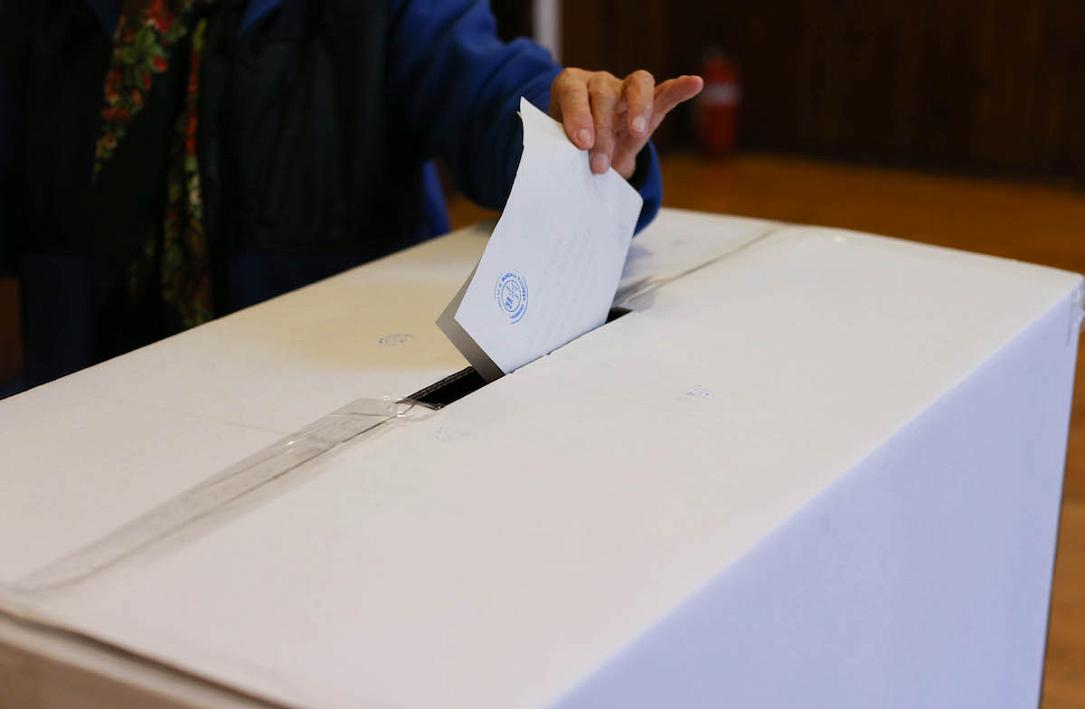Romanian Patriarchy: Referendum failed due to political involvement, association with ruling party leader



The referendum to change the definition of family in the Constitution, which would have banned same-sex marriages in Romania, failed because the event was politicized, but also because it was associated with the Social Democrat leader Liviu Dragnea and because the question was unclear, according to Vasile Bănescu, spokesman for the Romanian Patriarchate.
He said in an interview with RFI that the topic of the referendum was not sufficiently debated by society. Moreover, the “online misinformation” is also to blame for the low turnout at the referendum.
On the other hand, the Patriarchy spokesman also said he believes that the Romanian society will not allow the adoption of children to be accessible to same-sex couples, local Mediafax reported.
Codrin Stefanescu, the deputy secretary general of the ruling party PSD, criticized the Romanian Patriarchy spokesman’s statements. He said Bănescu should ask his superiors’ permission to speak in public, adding that “he's not even a priest, he's not a monk, nothing.”
“I would have preferred the Church to have a priest with a white beard, full of wisdom, which comes out in the name of the Church and speaks calmly and rarely. Not a young man who starts making politics,” Stefanescu added.
Meanwhile, a priest from Dambovita county reacted harshly after the failure of the referendum and demanded a return to the methods used by the church in the early centuries of Christianity, local Adevarul reported. He believes that “the enemies of the Church and of Christ” should be excommunicated.
Another important member of the Romanian Orhodox Church, the Husilor Bishop Ignatie, said the referendum was invalidated because "the propaganda machine of progressives" was more effective and efficient, but also because the event was ideologically "annexed" to politics, according to local Agerpres.
"By far, the key to "success" was the ideological annexation of the referendum to politics, one of the current parties, and the illusory fear that other articles in the Constitution would be changed by vote, which led to a contingent of undecided people or people decided not to vote. In other words, the hatred of a party was more intense than the love for the family, the traditional values," the Bishop said.
The referendum was organized in Romania last weekend, on October 6-7. The final results showed that only 21.1% of Romanians (3.85 million) voted in this referendum, well below the 30% threshold needed for validation. Most of the votes, namely 91.56%, were in favor of changing the Constitution, and only 6.47% were against. The Romanians had to respond with Yes or No to the following question: “Do you agree with the law amending the Romanian Constitution in the form adopted by the Parliament?”.
The initiative to change the article in the Constitution that states that “family is based on the marriage between spouses” to “family is based on the marriage between a man and a woman” came from a group of NGOs that support the traditional family, called the Coalition for Family, and was largely supported by the Romanian Orthodox Church.
Family referendum in Romania: Political reactions after low turnout
Irina Marica, irina.marica@romania-insider.com
(photo source: Inquam Photos/ Alexandra Pandrea)